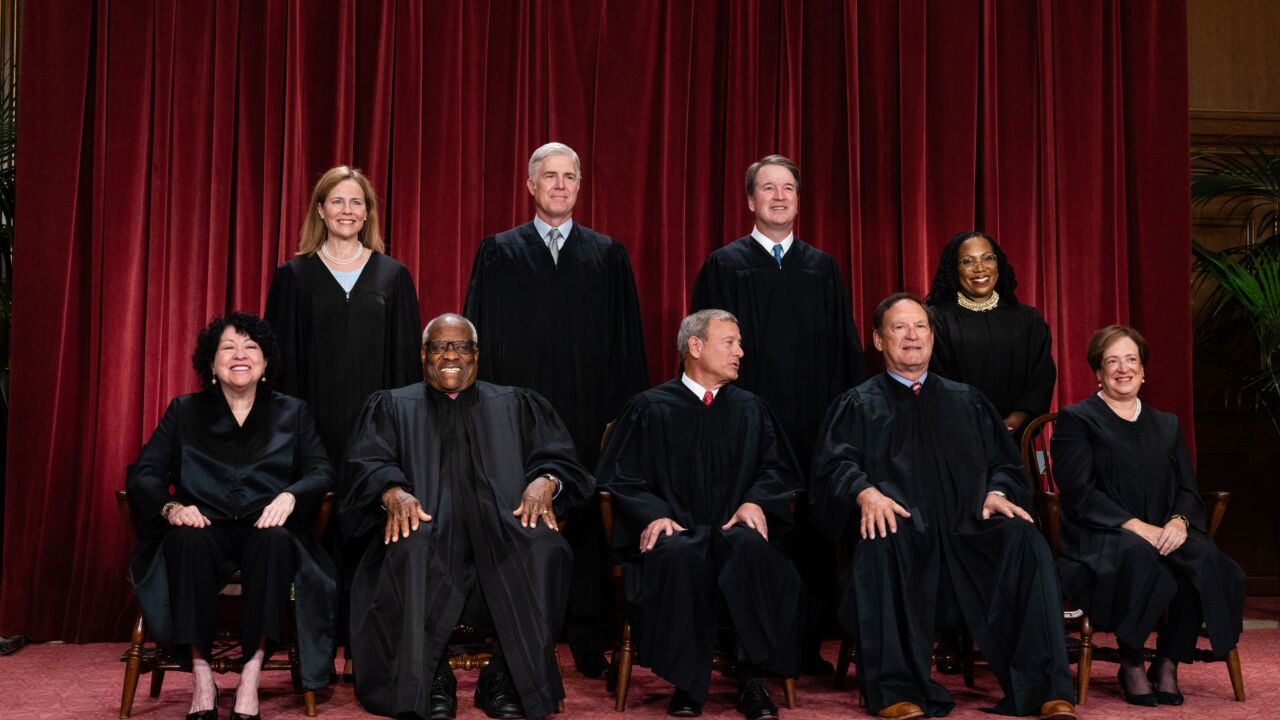Fiserv Inc.'s new health plan administration group will help expand a business for which it has made several recent acquisitions and plans more, the company's president and chief executive officer said in an interview.
"We think it's a very strong growth area," said Leslie M. Muma of Fiserv in Brookfield, Wis., which sells back-office services to banks, securities firms, and other financial services companies. Fiserv got into the health plan administration business just two years ago.
The recent deals have put the operation on track for $400 million of revenues this year, Mr. Muma said. He added, though, that he "wouldn't be at all surprised if we do another acquisition in this area this year" that would increase the revenue projection. The current revenue number is less than one-sixth of parent company revenues that are expected to fall between $2.65 billion and $2.76 billion.
Health plan administration is one aspect of an employee benefits outsourcing business that has proven lucrative for some financial firms. The employer services unit of the mutual fund giant Fidelity Investments, for example, contributed about one-third of its parent's $8.9 billion of revenues last year. And Mellon Financial Corp.'s human resources sector generated $1.1 billion of the parent's $4.2 billion of 2002 revenue.
The research and advisory firm Gartner Inc. projects 15% annual growth for the $27 billion employee benefit outsourcing business through 2005.
Fiserv Health Solutions Group, the new unit, is to include Avidyn, a company that handles health claim analysis, and five plan administrators: Benefit Planners, Benesight, Fiserv Health, Harrington Benefit Services, and Wausau Benefits, the latest company slated to be bought by Fiserv.
Fiserv announced last Tuesday that it intends to buy Wausau Benefits. The formation of the health solutions group was announced the same day.
James W. Cox, formerly the president of Fiserv's health business unit, was named president of the new group. He will also join the company's management committee.
Benefits administrators handle all the technology and back-office tasks for employers who self-insure their health plans, something Mr. Muma said has become very popular. When a company self-insures, it sets up a fund to pay claims and may insure against the most catastrophic potential claims with a "stop-loss" policy.
Fiserv does not underwrite health insurance, Mr. Muma said, but it does handle all the other aspects of running a health plan for employees, such as paying claims and handling patient questions.
The system works just like a regular health plan for employees, he said, though instead of having an ID card with an insurer's name on it, they would carry one bearing the name of a Fiserv company.
Mr. Cox said the unit serves commercial and governmental clients ranging from "employers as small as 100 employees to very large employers that would include Fortune 500 companies."
Mr. Muma said health plan administration is a good business for Fiserv because it has all the key components the company likes - recurring revenue, organic growth, and a variety of valuable companies available for acquisition.
The health insurance operation had been part of Fiserv's insurance division, but because it has been growing so rapidly, "it just made sense to separate that into its own operating unit," Mr. Muma said.
The company is considering acquisitions, he said, both of plan administrators and of companies that supply additional products that could be cross-sold to health plan members, such as long-term-care coverage.





